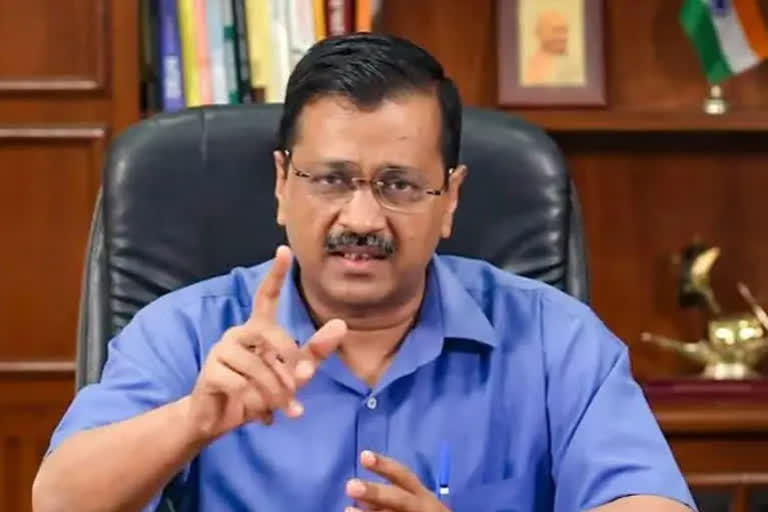New Delhi: The first major elections for five states this year cemented the position of the Aam Aadmi Party (the common man’s party), which was founded nine years ago by bureaucrat-turned-politician Arvind Kejriwal, as he broke ranks with the anti-corruption crusader and his former mentor Anna Hazare led India Against Corruption (IAC) movement and floated a full-fledged political outfit in November 2013.
In the assembly elections held in February-March this year, the Aam Aadmi Party won 92 out of 117 seats in India’s border state of Punjab with a vote share of 42%.
The victory of the party was so complete that almost all the established players in Punjab politics, including three former and sitting chief ministers – incumbent Charanjit Singh Channi, his predecessor, and former party colleague Captain Amarinder Singh, and Shiromani Akali Dal leader Parkash Singh Badal – lost assembly elections.
In fact, Kejriwal’s prediction that the incumbent chief minister Charanjit Singh Channi would lose elections from both the seats – Chamkaur Sahib and Bhadaur – also turned out to be correct.
In addition to defeating the incumbent chief minister, greenhorn candidates from Aam Aadmi Party also defeated well-established names such as cricketer turned politician and head of Punjab unit of the Congress party – Navjot Singh Siddhu from Amritsar East seat, four times chief minister Parkash Singh Badal from Lambi assembly seat and two times chief minister and former Congress leader Captain Amarinder Singh from Patiala Urban seat and SAD Chief Sukhbir Singh Badal from Jalalabad seat.
It is nothing short of a complete overhaul of the state politics which has seen religion-based politics led by Shiromani Akali Dal (SAD) which has traits of both a political and religious outfit. The state has also seen a violent secessionist movement in the 1970s and 1980s to form a separate country Khalistan by Sikh extremist groups and leaders such as Jarnail Singh Bhindranwale.
Aam Aadmi Party which entered the politics of Punjab in the last assembly elections held five years ago in 2017 had surprised everyone as it secured nearly 24% votes and won 20 seats to become the principal opposition party by leaving behind Shiromani Akali Dal.
